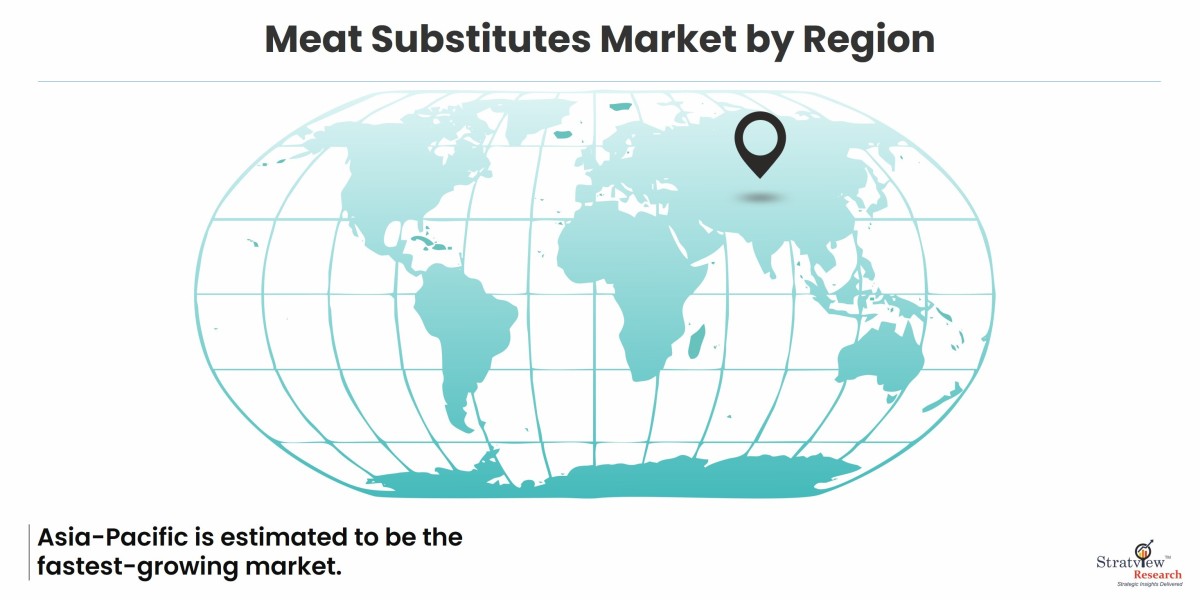According to Stratview Research, the meat substitutes market was estimated at USD 2.37 billion in 2022 and is likely to grow at a CAGR of 12.91% during 2023-2028 to reach USD 4.9 billion in 2028.
In recent years, there has been a seismic shift in consumer preferences towards healthier, more sustainable, and ethically sourced food options. This shift has given rise to a booming market for meat substitutes, with plant-based alternatives gaining popularity among consumers seeking alternatives to traditional meat products. At the forefront of this movement is Beyond Meat, a company that has captured the imagination of consumers and investors alike with its innovative plant-based meat alternatives. In this article, we delve into the growing market for meat substitutes, exploring the rise of Beyond Meat and the broader trends shaping the industry.
The Rise of Meat Substitutes
The growing demand for meat substitutes is driven by various factors, including health concerns, environmental awareness, and ethical considerations. Consumers are increasingly seeking plant-based alternatives to meat for health reasons, such as reducing cholesterol and saturated fat intake, as well as addressing concerns about the environmental impact of meat production, including deforestation, greenhouse gas emissions, and water usage.
Beyond Meat: A Pioneer in Plant-Based Innovation
Beyond Meat has emerged as a trailblazer in the meat substitutes market, revolutionizing the way we think about plant-based proteins. Founded in 2009, the company has developed a range of innovative plant-based meat alternatives that closely mimic the taste, texture, and appearance of traditional meat products. Beyond Meat's flagship products, including the Beyond Burger and Beyond Sausage, have gained widespread acclaim for their meat-like qualities and have become staples in grocery stores, restaurants, and fast-food chains worldwide.
Key Drivers of Beyond Meat's Success
Several factors have contributed to Beyond Meat's success in the meat substitutes market:
Product Innovation: Beyond Meat has invested heavily in research and development to create plant-based meat alternatives that deliver on taste, texture, and nutritional value, appealing to both vegetarians and meat-eaters alike.
Market Expansion: Beyond Meat has forged strategic partnerships with major retailers, foodservice providers, and restaurant chains to expand its reach and distribution network, making its products more accessible to consumers.
Brand Recognition: Beyond Meat has cultivated a strong brand identity centered around sustainability, transparency, and ethical sourcing, resonating with consumers who prioritize these values in their purchasing decisions.
Consumer Demand: The growing demand for plant-based proteins, coupled with increasing awareness of the environmental and health benefits of meat substitutes, has fueled demand for Beyond Meat's products.
Industry Trends and Market Outlook
The meat substitutes market is expected to continue its rapid growth trajectory, driven by shifting consumer preferences, technological advancements, and increased investment in plant-based innovation. Beyond Meat's success has inspired a wave of competition in the market, with numerous companies developing their own plant-based meat alternatives to capitalize on the growing demand.
Conclusion
As consumers become more conscious of the environmental, health, and ethical implications of their food choices, the demand for meat substitutes is poised to soar. Beyond Meat's success is a testament to the growing appeal of plant-based proteins and the immense potential of the meat substitutes market. As the industry continues to evolve and innovate, Beyond Meat remains at the forefront of plant-based innovation, leading the charge towards a more sustainable and ethical food system.



